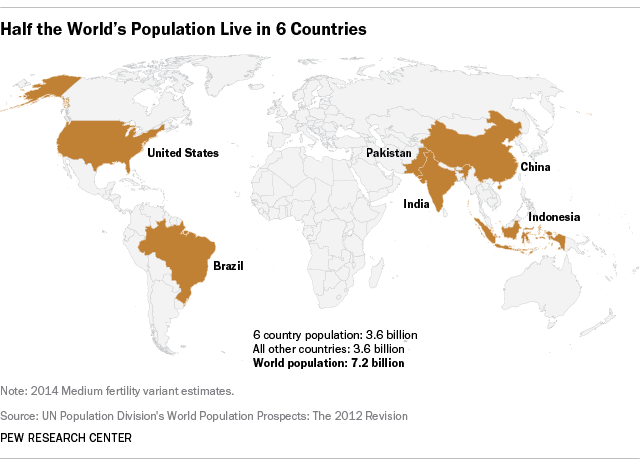
So I saw the above meme online this past week….and it was so counterintuitive to everything I believe and value and live, I was taken aback.
Expect less? Lower the bar? Settle for whatever lands in my lap? NO!
First of all, how much is too much to expect?
Secondly, who is aiming for the “simple things”?
And finally, who is living in the fear of life getting complicated?!
I have news for who ever thought posting the sentiment “expect less” in italics would make it any more persuasive: life gets complicated whether you expect a little or a lot. And if your life doesn’t get complicated, maybe you’re not fully living.
So if your goal in life is to play it safe, this blog post is not for you.
It isn’t expecting too much that makes life complicated! On the contrary, people who expect too little are like speed bumps and pot holes; creating hazards and obstacles, holding up progress.

Anyone wanting a better life for their children than they had expects more.
Anyone who wants to right a wrong and set things straight expects more.
Anyone who wants to leave the world a better place than they found it expects more.
And if expecting more makes existence more complicated…CELEBRATE IT! It means you’re pushing the limits and living life to the full.
I’m not settling for whatever crumbs randomly fall from life’s table. I was born to explore and experience and push the boundaries. I was put on this planet to make a difference and make my presence felt. I was given the faculties and fortitude to devour life’s deliciousness, seeing, hearing, feeling, smelling and tasting every last morsel.
Expect less? I’m offended by the very suggestion. You should be, too. Because anyone pushing platitudes about settling in this life is trying to contain you, not console you.
Don’t let anyone compartmentalize your promise. Blow the lid off of any effort to try. This is YOUR life. YOUR opportunity to leave your mark. YOUR chance to make the most of everything you’ve been given.
Never settle.
Expect more!








